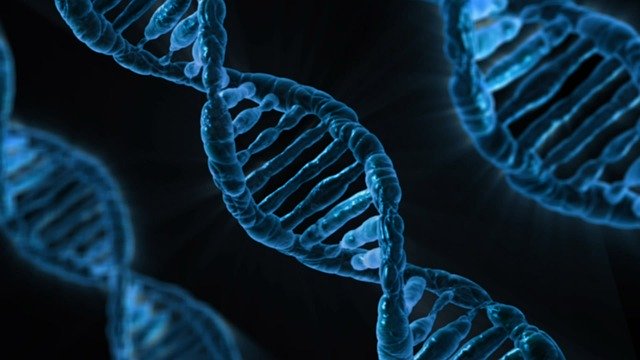FerGene, a new gene therapy company formed by Ferring Pharmaceuticals and Blackstone Life Sciences, announced positive results from the pivotal Phase 3 clinical trial evaluating nadofaragene firadenovec (rAd-IFN/Syn3), an investigational gene therapy, for the treatment of high-grade, Bacillus Calmette-Guérin (BCG) unresponsive non-muscle invasive bladder cancer (NMIBC).

FerGene’s phase 3 NMIBC study of Nadofaragene Firadenovec meets primary endpoint. Photo: courtesy of PublicDomainPictures from Pixabay.
Subscribe to our email newsletter
FKD Therapies Oy (FKD) has led the development and regulatory filing of nadofaragene firadenovec, which has been studied in 33 centers across the U.S. in collaboration with the Society of Urologic Oncology Clinical Trials Consortium (SUO-CTC). The results were presented during the bladder cancer session at the Society of Urologic Oncology 20th Annual Meeting in Washington D.C.
The Phase 3 study of 157 patients from the U.S. met its primary endpoint with 53% of CIS ± Ta/T1 patients (carcinoma in situ; bladder cancer that is confined to the superficial layer, with or without concomitant high-grade Ta or T1 papillary disease) achieving a CR at three months, and 24% continuing to show a CR at 12 months. Moreover, the study also demonstrated broad efficacy in this difficult to treat patient population with a 73% HGRF survival in patients with papillary disease at three months and 44% HGRF survival at 12 months. In the study, nadofaragene firadenovec was instilled directly into the patients’ bladder every three months. All responses at 12 months were confirmed by protocol-mandatory five-point biopsies.
Bladder cancer is one of the most frequently occurring cancers with an estimated 699,450 people living with bladder cancer and more than 80,000 new cases diagnosed each year in the U.S. alone.1 In high-grade NMIBC patients, BCG is the standard treatment, and, although effective, over 60% of these tumors eventually re-occur. 2,3
“Currently, patients living with high-grade NMIBC who are unresponsive to BCG have few treatment options and often face bleak outcomes, including complete bladder removal, known as cystectomy,” said Colin P. N. Dinney, MD, Professor and Chairman of the Department of Urology at The University of Texas M.D. Anderson Cancer Center. “Cystectomy is a complex and life-altering surgical procedure for patients, so these positive results from the Phase 3 trial of nadofaragene firadenovec are highly promising for patients. It would be gratifying to provide an alternative that addresses the critical unmet need for effective second-line therapy for patients facing radical cystectomy.”
In the Phase 3 trial, the most common adverse events (AEs) included fatigue, bladder spasm and discharge around the catheter, micturition urgency, hematuria, chills, fever, headache, painful urination, urinary tract infection, and diarrhea. No grade 4 or 5 treatment-related AEs were reported in the study. Study drug-related AEs were transient and local in nature, with a median duration of less than two days, with the exception of fatigue, which had a median duration of 11 days and urinary frequency which had a median duration of 41 days. There was a 1.9% percent rate of discontinuations due to study drug-related AEs.
“We are pleased with these Phase 3 data results, including the complete response rates and favorable safety profile seen with nadofaragene firadenovec,” said Nigel R. Parker4, PhD, of FKD Therapies Oy. “These data were part of our submission package to the FDA, and we look forward to continuing to work with the agency to potentially bring nadofaragene firadenovec to patients with BCG unresponsive disease.”
“As a practicing urologist and trial investigator, it’s encouraging to see these types of efficacy and safety results in patients with high-grade NMIBC, an area that’s been in need of new innovative treatment options for more than 20 years,” said Neal Shore, MD, FACS, Medical Director, Carolina Urologic Research Center. “These robust clinical results further demonstrate the potential of nadofaragene firadenovec as a valuable treatment option for NMIBC patients.”
The U.S. Food and Drug Administration (FDA) has validated FKD’s Biologics License Application (BLA) and granted Priority Review for nadofaragene firadenovec, which previously received Fast Track and Breakthrough Therapy Designations.
Source: Company Press Release
 Advertise With UsAdvertise on our extensive network of industry websites and newsletters.
Advertise With UsAdvertise on our extensive network of industry websites and newsletters.
 Get the PBR newsletterSign up to our free email to get all the latest PBR
news.
Get the PBR newsletterSign up to our free email to get all the latest PBR
news.

